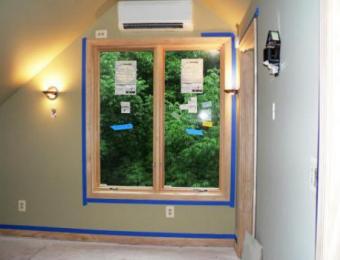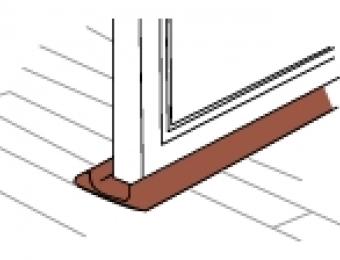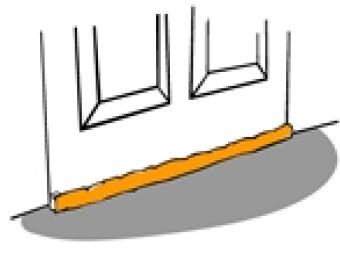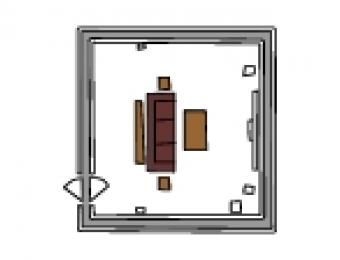Why is soundproofing important for home theatres?
There are two main reasons for using extra soundproofing in your home theatre; keeping the external noise out, and the sound from your home theatre in.
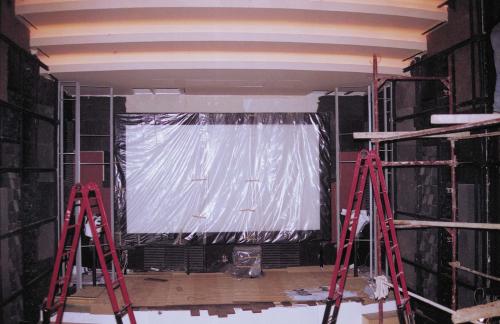
Imagine settling in to watch the latest explosive extravaganza in a brand new home theatre and then having it spoiled by the neighbour’s stereo, or having them complain when the volume reaches anything beyond barely audible. Getting the most from your home theatre is important; you’ve invested all the money and committing to a serious entertainment area, so why not make it perfect?
The earlier you plan for soundproofing in a home’s construction, the better. Much better soundproofing solutions can be installed at the construction stage, and retrofitting can be expensive and is generally less effective. Specialised audio insulation, soundproofing glues, diffusive or absorptive wall materials and decoupled framing will make all the difference to your (and your neighbour’s!) continued enjoyment of your living space.
How is soundproofing achieved in home theatres?
Soundproofing your home theatre properly requires that you take into account every aspect of the room - and particularly consider what sorts of restrictions exist in terms of window and doorway requirements. Below are some recommendations for each aspect:
- Walls
This component of the structure is usually where most of the soundproofing will be applied. Audio insulation can be installed in a wall to limit airborne sound transmission, but for maximum effect a decoupled wall using sound isolation clips will be best. This will allow it to vibrate without disturbing the frame, effectively preventing any mechanical sound transmission which is great for low frequency noises like the ones from subwoofers. - Ceiling
The ceiling can be difficult to decouple from the framework, but it is possible to do this here too. Other methods of sound insulation are less effective in the ceiling, especially in multi-storey buildings where sound passes through the ceiling from the floor above. - Flooring
Like the ceiling, the floor can be difficult to decouple, but is more easily soundproofed using floor coverings like carpet to diffuse sound, and can be further improved with acoustic underlay to dampen noise. - Doors
For your home theatre there will generally only be one door in and out, so it's important to keep it sealed well. Special acoustic insulation strips can be fitted to the edge of the door to ensure a complete seal, stopping any noise flanking from occurring. Another option is to install a double door (i.e. one door after another with a void in between). Double doors are a particularly effective way to prevent sound from escaping through doorways. - Windows
While windows aren’t something you'll want in a home theatre, they're technically required in all rooms by law in new houses for the purpose of ventilation (even if you're never going to open them)! They also have to be a certain size - at least 10% of the size of the floor space. Windows are the biggest soundproofing challenge. The best solution for sound prevention through windows is double or even triple glazing. If the spaces between the glass panels are vacuum sealed, then all the better – sound can't pass through a vacuum. This solution also offers superior thermal resistance, adding to the R-value of the room.
